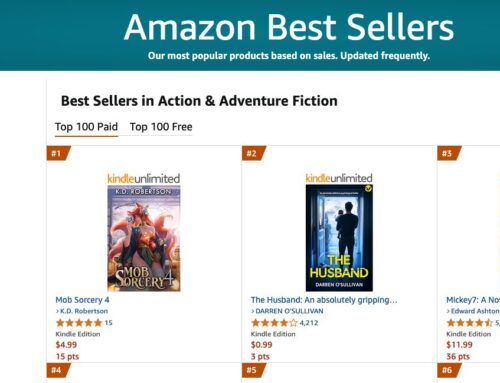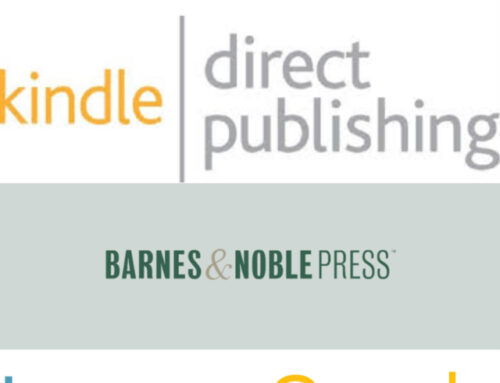 A bit of circular referencing led me to some very enjoyable reading today, beginning right here at selfpublishingreview.com. I had written a blog post about giving away my stories via Smashwords and Feedbooks, and one of the people commenting on the post was Moxie Mezcal. At the same time, I had come across a reference to an e-book called Broken Bulbs, by Eddie Wright, which sounded intriguing, and thought I had seen it on Smashwords at one time. I searched for it on Smashwords, and found it, discovering at the same time that one of the people who had reviewed it on that site was the very same Moxie Mezcal. Clicking on that link brought me to her author’s page, where she too is a proponent of ‘guerrilla fiction’ and has posted some of her works there as well.
A bit of circular referencing led me to some very enjoyable reading today, beginning right here at selfpublishingreview.com. I had written a blog post about giving away my stories via Smashwords and Feedbooks, and one of the people commenting on the post was Moxie Mezcal. At the same time, I had come across a reference to an e-book called Broken Bulbs, by Eddie Wright, which sounded intriguing, and thought I had seen it on Smashwords at one time. I searched for it on Smashwords, and found it, discovering at the same time that one of the people who had reviewed it on that site was the very same Moxie Mezcal. Clicking on that link brought me to her author’s page, where she too is a proponent of ‘guerrilla fiction’ and has posted some of her works there as well.
It should not have been surprising, and yet it pleasantly was, that I enjoyed both of these books immensely – ‘Broken Bulbs’ is simultaneously gruesome and hysterical, quite inventive and captivating, and ‘3’ a collection of short stories by Moxie Mezcal, had me in the grip of their ever-deepening and compelling mysteries. Would I recommend these books? Absolutely, but to whom? Not to everyone, because ‘everyone’ would not necessarily like them. I would recommend them, then, to the people who would like them, but who are these people?
The whole ‘recommendation engine’ issue has got me baffled lately. I understand how it’s supposed to work – crowd-sourcing and all that – but in practice I’ve been mystified. On Goodreads and Amazon and Barnes & Noble I have seen people giving a single star to Edgar Allan Poe and 5 stars to their favorite Romance writer. I suppose this serves a purpose for those sites which give you recommendations based on your own feedback, but in these cases, are your ratings not meant for other people, but only for your own future selection options? Why should they be public in that case? In my own case, I’ve received a number of one star ratings (along with threes and fours and fives) and wonder what that means, if anything. Is the aggregate rating a measure of the mainstream? The higher the average, the more acceptably mainstream is the work, and vice versa? If that is the case, how could one distinguish between the offbeat from the merely wretched?
I think you have to look at the body of the reviewers’ reviews to get the picture – is this person of a like mind? That’s the only possible use I can think of, personally, for these systems. It certainly worked that way for me today, from Eddie Wright to Moxie Mezcal – these like minds were very much to my liking. Five stars all around!
Get an Editorial Review | Get Amazon Sales & Reviews | Get Edited | Get Beta Readers | Enter the SPR Book Awards | Other Marketing Services






















Leave A Comment